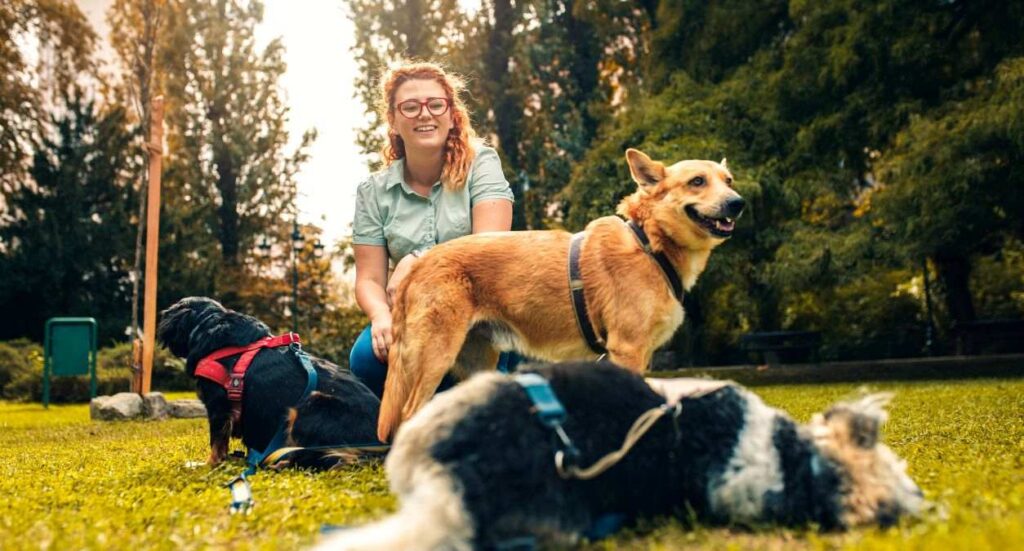Knowledge Centre
From licensing changes to marketing tips, our Knowledge Centre is where you will find all of the latest information to help you run your small business.
Our latest blogs and news
From licensing changes, to marketing tips, our Knowledge Centre is where you will find all of the latest information to help you run your small business.












